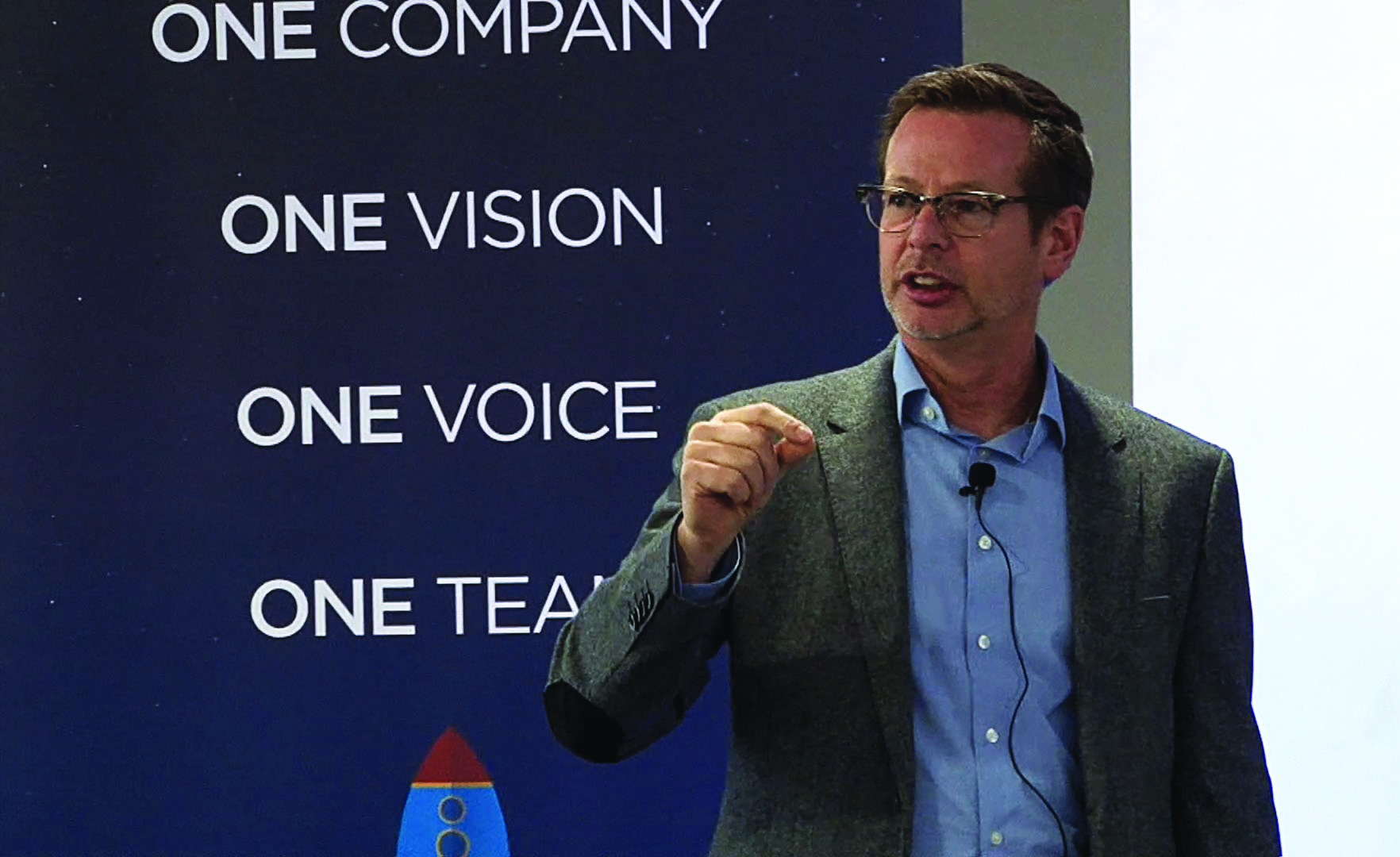
As a result, we are seeing the largest percentage of enterprise IT budgets being dedicated to the undertaking of a digital transformation within the business with the explicit objective being to re-position the company to remain relevant and thrive in their own market.
The more forward thinking channel vendors and suppliers know and understand this and are themselves positioning their propositions to meet these enterprise and channel challenges head on.
Managed IT Services company GCI is a great example of such a supplier with the vision, skills and resources to enable their customers and channel partners to execute a successful digital transformation for their customers.
GCI’s acquisition of Freedom Communications today is therefore significant in a number of ways.
First and foremost, it brings 40,000 additional Skype for Business (S4B) users on to their books. Add this number to those acquired via their purchase of Outsourcery six months ago and GCI’s own organic sales of S4B then the total seats under their management is getting close to 200,000.
This makes the firm one of the largest Microsoft UCaaS suppliers in the UK. Factor in the fact that GCI can deploy S4B in in any mode; cloud, on premise and as a managed service then add in all the acquired and in house skill sets and experience accrued then GCI, who are also set to launch Microsoft Cloud PBX in March, must be seen as a very powerful UCaaS supplier.
GCI is however a much wider and deeper supplier of IT services and applications for digital transformations. The company is, as CEO Adrian Thirkill confirmed in their Freedom acquisition release, ‘backing the big four of Unified Communications, Cloud, Security and Compliance – underpinned of course by next generation Infrastructure and Networking technologies’.
We see two important aspects to this; firstly, it should be noted that with the acquisition of Freedom Communications over 65% of GCI revenues are now derived from cloud, unified communications, security and compliance services. Secondly, GCI is possibly unique in identifying Compliance as a ‘big four’ application.
In this however many observers, including ourselves, would see this Compliance focus as being extremely timely as we enter a new period of financial and transactional legislation about to come in to force that will impact vast swathes of business across the UK. So, by being able to provide applications such as PCI DSS as a Service, GCI can meet new business security challenges head on and further grow their cloud based revenues.
CEO Adrian Thirkill observes changes taking place in the channel and with users that are significant.
“There is a cohort of resellers emerging that you could consider as the formation of a new channel. They come from many backgrounds including telephony and IT but they have in common an understanding of how the market is changing. It is our opinion that over the next five years that we will see a marked shift towards user that buy ‘outcomes’ and not products and networks.
These outcomes must also be compliant with current and anticipated regulation such as GDPR, a compelling event that comes in to force on 25 May 2018. The attraction for users is that GCI understand the cultural changes needed within a business to effect a successful transition and can work directly across these four pillars to integrate the solutions that deliver the outcomes organisations desire.”
One of the cherries on the Freedom acquisition cake for GCI is the public sector framework listings that Freedom had earned. Freedom is listed on 9 of the 11 lots of RM1045 Network Services Framework which the Public Sector uses to procure Unified Communications and Network related services.
Of the 60 vendors listed on the Framework, Freedom Communications is within the Top 4 in terms of the breadth of its capability. Beyond this, GCI also recently announced its listing on the Government G-Cloud 8 and features on the Software-as-a-Service (SaaS), Infrastructure-as-a-Service (IaaS), and Specialist Cloud Services (SCS) lots on the Framework.
So collectively the breadth of their coverage on both the Government’s G-Cloud and Network Services frameworks is unrivalled and the timing is perfect.
Disruption is often referred to as doing new things that make the old things obsolete. We say that disruption is the end of ‘business as usual’ and in this context GCI is becoming well positioned to be a disruptor in the market.
